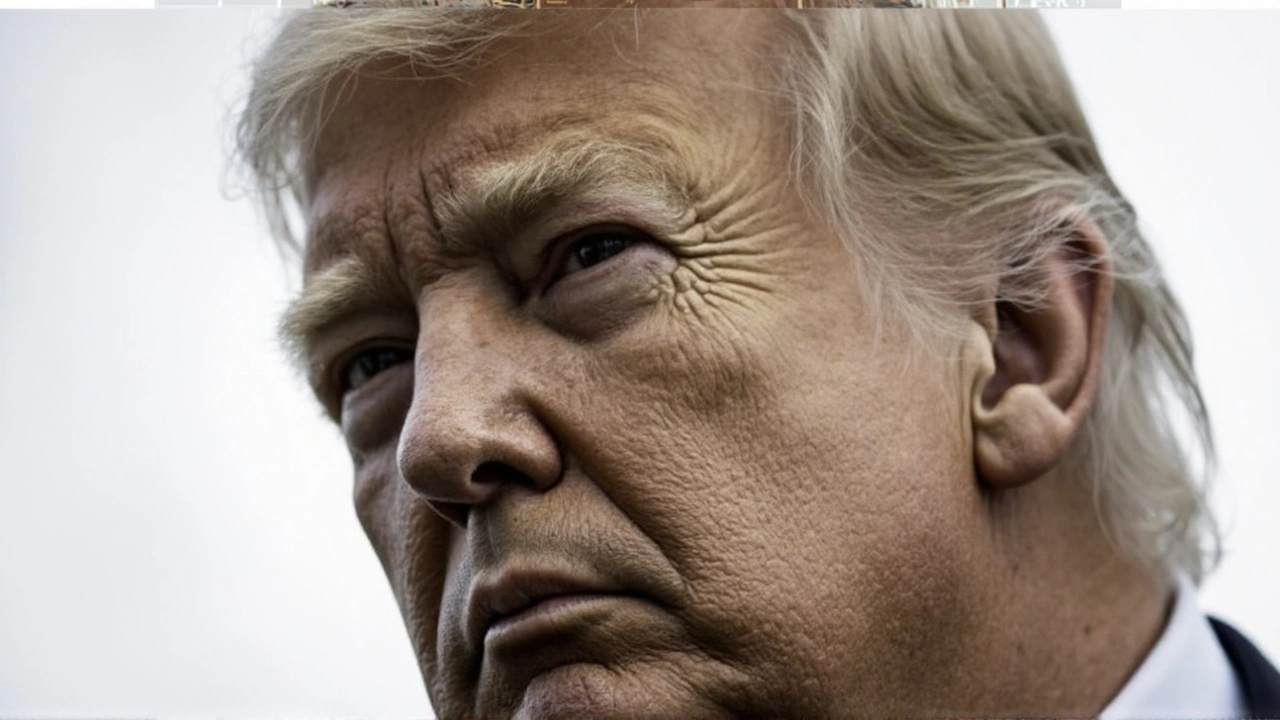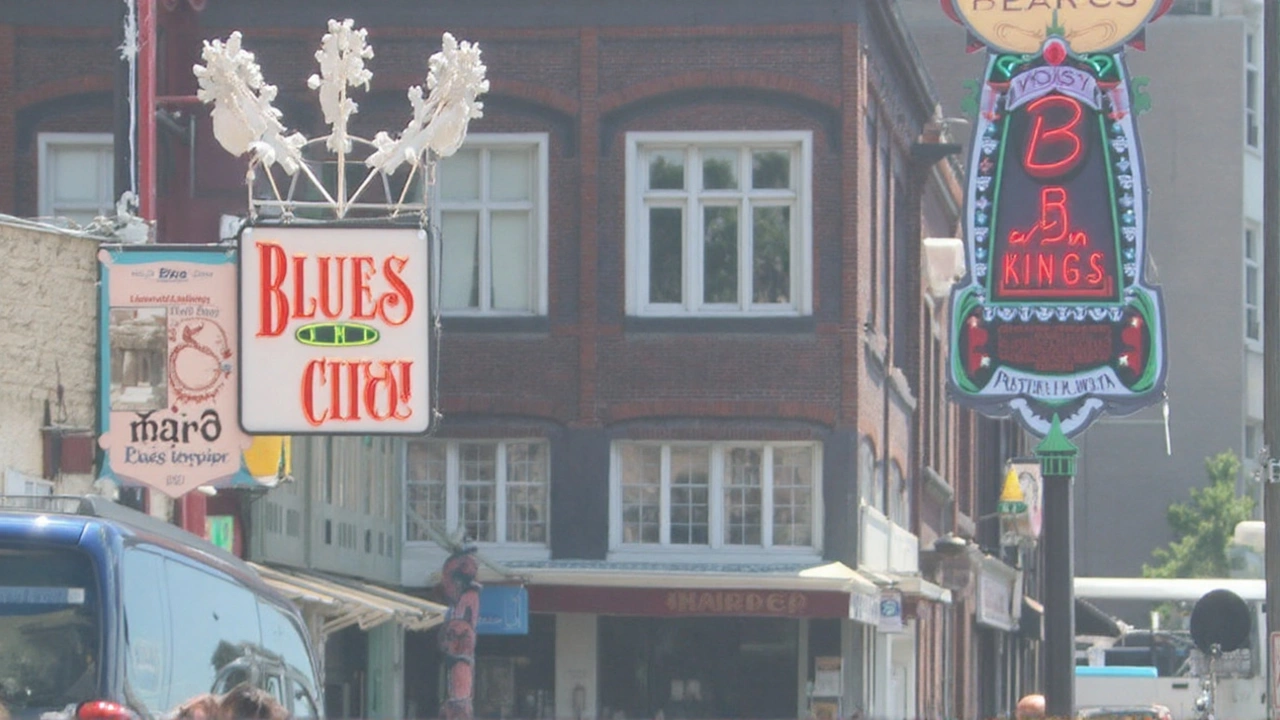Trump’s Memphis move tests federal role in city policing
President Donald Trump said Friday on Fox & Friends that he will send federal resources — including National Guard deployment and, if needed, the military — to Memphis, Tennessee, calling the city “deeply troubled” and arguing the move could mirror what he describes as success in Washington, D.C. The announcement quickly split opinion in Memphis, where residents and officials have been weighing the trade-offs of an expanded federal footprint.
Tennessee Gov. Bill Lee’s office confirmed it will work with the White House on the details. In a brief statement posted on social media Friday afternoon, Lee thanked Trump for the offer and emphasized coordination with local law enforcement. The tone was careful. Earlier this week, Lee highlighted that reported crime in Memphis was down 15% year-over-year and pointed to previous state spending — $150 million in intervention grants and a surge in state troopers — as evidence that current strategies are starting to bite.
Trump framed the move as part of a broader push to combat violent crime by sending federal help to major cities. He also floated the possibility of using “even the military, too, if needed,” a line that raises legal and political stakes. While some in Memphis welcome outside help as shootings and car thefts strain neighborhoods, others fear heavy-handed tactics could escalate tensions and muddy who is actually in charge on the streets.
The White House did not release a timetable, headcount, or mission scope. City officials are waiting on specifics: Will Guard units be used for traffic control, crime-scene security, and logistics, or will federal agents take a more visible role in patrols? Without answers, the debate is running on assumptions — and on memories of past deployments that stirred controversy.

What a deployment could look like — and why locals are wary
How the Guard is activated matters. Under most public safety scenarios, National Guard troops operate under state authority, supporting police with duties like perimeter security, traffic management, and logistics. That approach keeps local law enforcement in the lead and avoids direct federal control. If troops are federalized or if active-duty military are used for law enforcement, a higher legal threshold applies, including the Insurrection Act — a step that typically triggers fierce pushback and court challenges.
Memphis officials say they prefer a support-first model. Some have floated non-policing roles, like helping with blight removal and infrastructure fixes, where Guard engineering units have experience from disaster response. That idea aligns with a growing body of research that connects cleaner, well-lit blocks to fewer assaults and shootings. A 2018 randomized study in Philadelphia found that greening vacant lots led to double-digit drops in nearby gun violence — a result that suggests reducing visual decay can reduce crime risk in certain areas.
Beyond the legal setup, there are nuts-and-bolts questions. A city-level operation would typically spell out:
- Command and control: a unified command post linking Memphis Police, the Shelby County Sheriff, Tennessee Highway Patrol, and Guard liaisons.
- Mission set: traffic posts, perimeter security, logistics, and event support versus street patrols or arrests.
- Rules of engagement: clear protocols for crowd control, curfews, and use of force to avoid confusion at chaotic scenes.
- Duration and exit criteria: how long units stay and what metrics determine success.
- Costs: which agencies pay for personnel, equipment, and overtime — and whether federal funds offset state and local budgets.
Lee’s careful posture reflects those trade-offs. Publicly, he’s thanked the White House and pledged coordination. But his recent message — that Memphis crime dropped 15% and that the state has already poured resources into prevention and enforcement — signals he wants to avoid overshadowing local gains. Politically, he has to balance Republican demands for tougher federal action with Memphis leaders who want to keep day-to-day policing under local control.
Trump, for his part, says both Memphis’s Democratic mayor and the Republican governor back federal help. Even with that claim, the on-the-ground reality is usually more complex. City halls want clarity on the mission and a firm understanding that local policing strategy won’t be sidestepped. State legislators from both parties have hinted they want local agencies to stay in charge and for any federal presence to be strictly supplementary.
In Memphis neighborhoods, residents are weighing safety against the risk of escalation. Business owners worry about the city’s image if troops become a daily sight downtown; parents in high-violence areas say they want immediate relief from street crime, whoever provides it. Community groups argue that long-term gains come from youth jobs, stable housing, and cleaner, brighter streets — the kinds of initiatives that the state’s $150 million in intervention grants is supposed to accelerate.
Another flashpoint is precedent. Federal deployments in U.S. cities have drawn controversy before, including episodes where militarized gear and unclear lines of authority led to clashes and legal fights. Memphis leaders remember those images and are trying to avoid them. That’s why some are pressing for a plan heavy on traffic control, facility protection, and engineering support — and light on visible patrols or arrest authority for non-local officers.
Key unknowns remain:
- Scope: How many Guard personnel and federal agents would be assigned, and which neighborhoods would they serve?
- Timeline: When would units arrive, and how long would they stay?
- Authority: Will Guard units operate under state control, or will any be federalized?
- Metrics: What counts as success — fewer 911 calls, lower shootings, shorter response times?
- Community oversight: How will residents report concerns, and who will adjudicate complaints?
For now, Memphis is in a holding pattern. The governor’s staff and White House aides are hashing out the playbook, and local law enforcement is bracing for a mixed mission: keeping momentum on the reported year-over-year crime dip while integrating outside units without confusing chain of command. The stakes are high. If the deployment sticks to support roles and fits Memphis’s strategy, officials hope it can speed up the city’s own work. If it veers into aggressive, poorly coordinated enforcement, the costs — in trust and stability — could outweigh any short-term gains.
